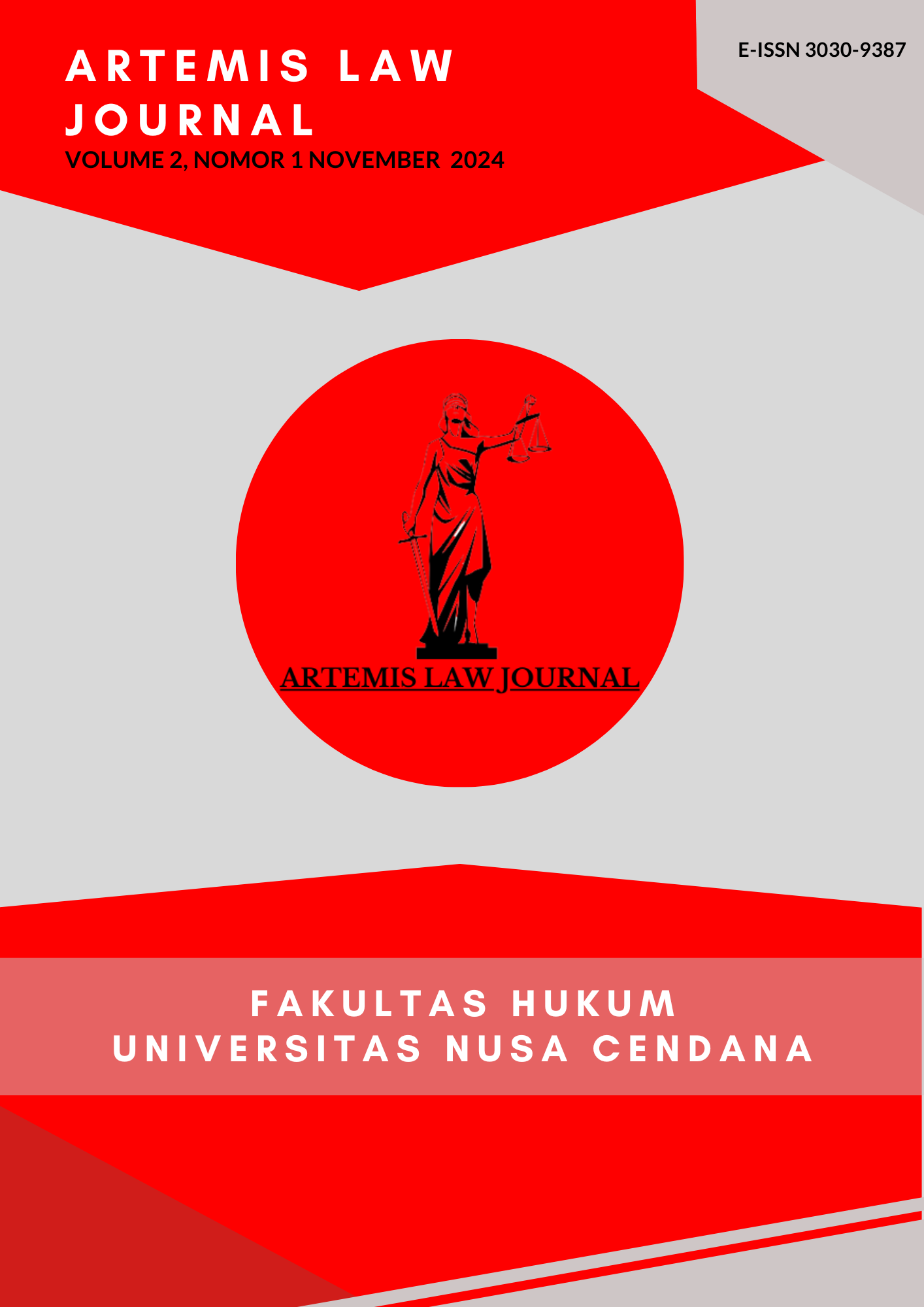Analisis Yuridis Pelanggaran Asas Itikad Baik Dalam Penggunaan Merek Berdasarkan Undang-Undang Merek Dan Indikasi Geografis & Studi Kasus Putusan MA NO.8/PK/PDT.SUS-HKI/2020
Main Article Content
Abstract
This study analyzes the violation of the principle of good faith in trademark usage based on Law Number 20 of 2016 concerning Trademarks and Geographical Indications, focusing on the Supreme Court's decision No. 8/Pk/Pdt.Sus-HKI/2020. The principle of good faith is a fundamental concept in trademark law aimed at preventing the misuse of trademark rights, particularly in the unauthorized registration and usage of trademarks. In this case, the Supreme Court examined the actions of a party deemed to have used a trademark in bad faith by copying or duplicating a well-known mark for personal gain. This research employs a normative juridical method, using a statutory and case-based approach. The analysis reveals that violations of good faith in trademark usage can harm legitimate trademark owners and breach existing legal provisions in Indonesia. The Supreme Court's ruling provides significant guidance on the application of the good faith principle in trademark protection and underscores the importance of honesty and transparency in trademark registration.

